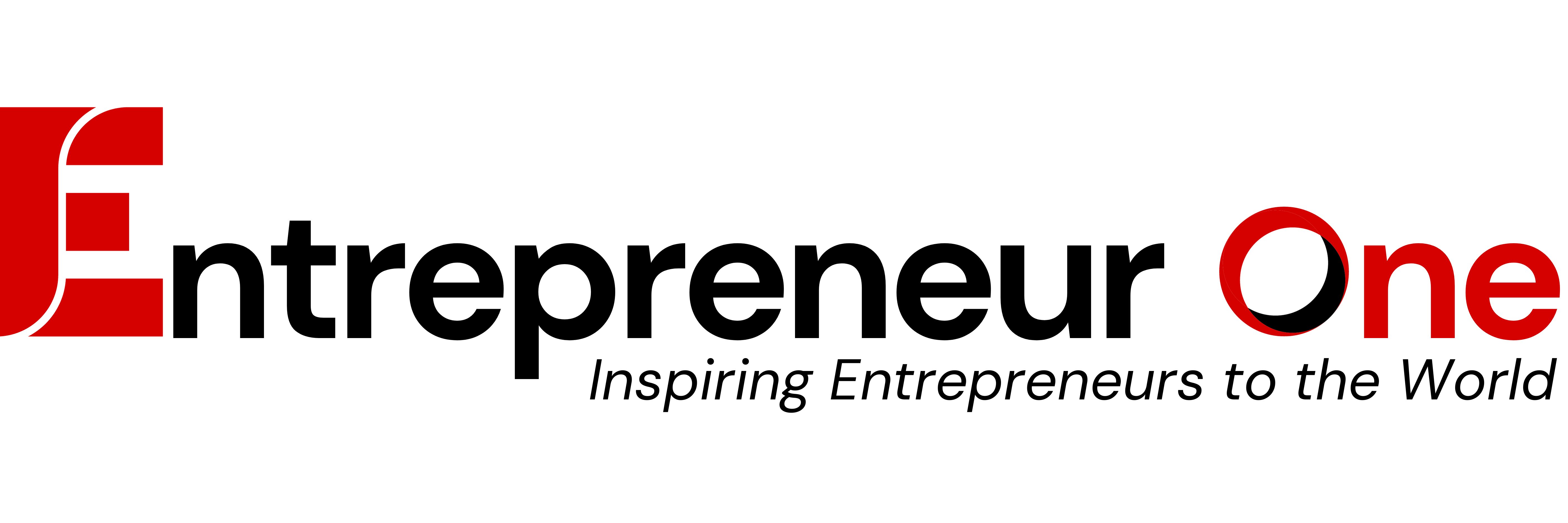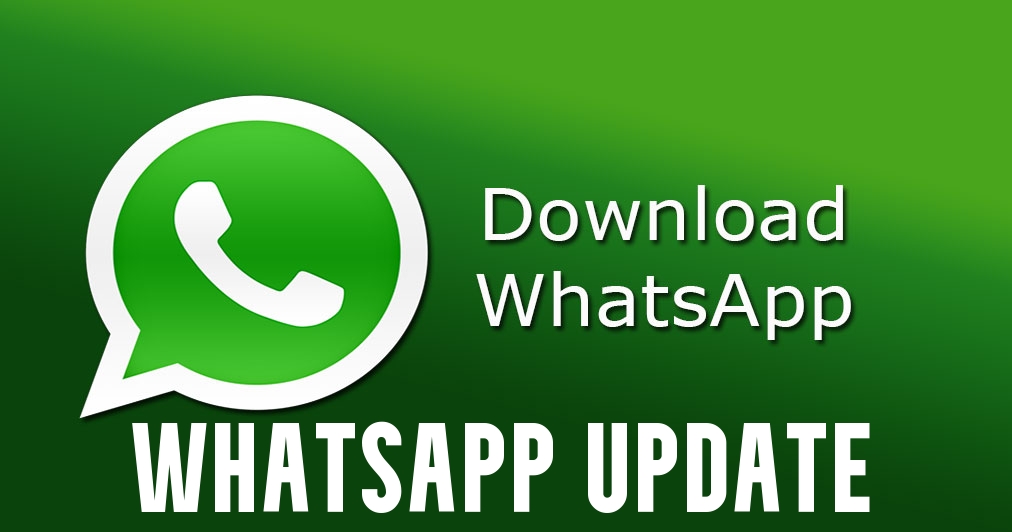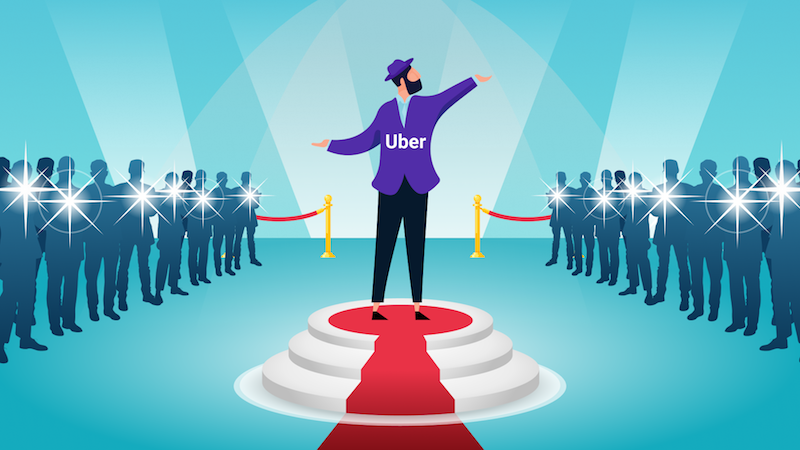Katharina Mahadeva Cadwell is a trailblazer in healthcare, bringing over two decades of experience to the fields of internal medicine, palliative care, and digital health. Her journey is a testament to her passion for patient-centered care and her visionary approach to integrating AI and wellness strategies. With a focus on reversing pre-diabetes and optimizing health, Katharina has dedicated her career to empowering individuals with the tools and knowledge to lead healthier, more fulfilling lives. Through her innovative Timeless Health Method and leadership in developing AI-driven health solutions, she is paving the way for a more personalized and accessible healthcare future.
BACKGROUND AND JOURNEY
Q. Can you share a brief about you and an overview of your professional journey and how you ventured into your current business domain? Also, please share your personal background.
As a clinical thought leader, I bring a broad array of skills acquired over a 20-year medical career. Laying the foundation for my love of teaching and empowerment of others during my residency in Internal Medicine and my subsequent fellowship in Hospice & Palliative Care, I presented lectures regularly at conferences on various clinical topics.
Blending my experience in urban and rural medicine with my clinical skills into a comprehensive patient-centered approach, I was part of a team at UNLV (University of Nevada Las Vegas) to develop the rural track for their Family Medicine Residency program, assuming the role of clinical
coordinator and attending physician in a teaching role. My commitment to leadership development led me to Stanford LEAD where I received accolades for outstanding work and was featured in the Winter 2023 Stanford LEAD Quarterly for my achievements.
My work led me to adapt palliative care principles towards preventive health strategies, focusing on pre-diabetes and insulin resistance as major precursors to chronic disease. Inspired by my experience during my time at Stanford LEAD, I wanted to leverage AI and digital health solutions to put a personalized tool into people’s hands that draws data from clinical and Blue Zone research, as well as behavioral science strategies.
Through the University of Applied Sciences NW Switzerland, I collaborated on developing a comprehensive framework for the assessment of digital health tools with digital health researcher and expert Dr. Christine Jacob. Together with Dr. Jacob, I also supervised a team of students on a literature review project to inform digital solutions geared toward pre-diabetes.
My vision is to facilitate broad access to strategies that optimize health and lifestyle for people living with metabolic health issues, in particular pre-diabetes and insulin resistance, and empowering people through providing validated clinical and wellness information. My vision is to put the best information into people’s hands while facilitating personalized and meaningful transformation.
On a personal note, I grew up in East Germany and my most impactful life event at that time was the fall of the Berlin Wall. From an East German perspective, the world had literally opened up and the possibilities had become endless to explore, engage, and create. I studied medicine after debating whether I should be a lab researcher (I had eyed studying biochemistry as well as engineering) and thought the medical pathway would open up a wider array of possibilities for me. Instead of lab work – although it was part of my doctoral thesis – I fell in love with Internal Medicine and direct patient care where I felt I could make the most meaningful impact.
With a desire to experience and learn about different healthcare systems, I discovered the Reno-Tahoe area in Northern Nevada, a place I made my permanent home after falling in love and getting married. The marriage did not last, and I went through some painful times that threw me into deep loneliness and brought me too close to sleeping pills as my only escape from a grueling schedule and a lack of emotional and spiritual nurture. But life has its ways for me to reaffirm itself and seemingly out of nowhere, I was given the gift of recovery together with some amazing, supportive, and loving counselors and coworkers who had been experiencing the same struggle. It may seem like the darkest moment in my life, but it was really the start of my brightest time which continues to last and shine on.
It helped me to find enormous personal growth and healing, and eventually to find my husband to whom I have been very happily married for many years now. With a personal network of love and support, nourishing my mind, spirit, and soul, I can forge ahead to bring the gift of personal transformation to others. As a physician, I feel strongly about reversing pre-diabetes as a starting point to that transformation. But as complex human beings, all non physical areas are connected to the physical healing of disease as well.
Q. What motivated or inspired you to pursue a career in Medicine?
After debating between biochemistry, engineering, and medicine for broader opportunities, I pursued medicine. Though lab work was part of my doctoral thesis, I developed a passion for Internal Medicine and direct patient care, where I felt I could make the most meaningful impact.”
Originally I wanted to do lab research as said above, but over time, as I discovered the different specialties and fields in medicine, my interests swiveled to actual patient care. I went through phases of really liking the lab aspects of forensic pathology but then felt that dealing with the living was more enjoyable than spending time with the dead. Surgery was a field I really loved, but once I discovered Internal Medicine and its detective work thanks to a fantastic teacher, professor, and mentor, Dr. Brad Graves, I was set on becoming an Internist and dedicating my energy to helping patients not just by fixing what’s broken and moving on, but also by becoming a bit of their counselor and coach. People need someone to listen to them and I was able to give them what they needed.
That is eventually what brought me to becoming a health coach as I now can truly spend time listening to others and guiding them towards better health out of their own strengths and motivations.
KEY ACCOMPLISHMENTS
Q. What do you consider your most significant achievements or milestones in your career?
My most recent milestone was receiving the “Influential Leadership Award” from HeAL conferences in Las Vegas this June for my work with Vivo, Ltd and its vision to empower people to become their best advocates for their health.
The other recent accomplishment I am really proud of is my project with the students at the University of Applied Sciences NW Switzerland in Zurich, and their literature review of robust recommendations for diet and lifestyle changes towards reversing pe-diabetes. We will be publishing the study as well, and it will serve as the literature foundation for the app I’m planning to develop. This app will be the cornerstone for my coaching program to reverse pre-diabetes, bringing to people a coach in their pocket and an array of resources to navigate their daily lives, starting with diet and exercise.
Being part of the team that built the Rural Track Family Med residency program in rural Nevada was another accomplishment, as I have described above. The teaching and mentoring I was able to do was immensely gratifying, seeing our young doctors become professionals ready to do good in the healthcare world, particularly in the rural areas where we desperately need doctors and medical care.
In that same vein, being part of Project ECHO Nevada for Palliative Care was equally rewarding. I was able to share my specialist knowledge and experience with other healthcare providers in Nevada who then were able to apply that knowledge directly to their patients’ needs. This was especially meaningful as we have a huge need for palliative care, but skills and knowledge in this field are not universally taught.
CHALLENGES AND LEARNINGS
Q. What challenges have you faced in your career, and how did you overcome them?
My earliest career challenge came during my medical student time when I was working on my doctoral thesis. I had a mentor who was not great at communicating clearly and was frankly quite intimidating to us lab-working students. Things escalated when communication broke down so badly that it led to a lab error (thankfully not of any consequence other than wasted time for me), but the onus was put on me and I almost got kicked out of the doctoral work. Well, I continued on (although looking back I should have left the toxic environment and found a new mentor) because I spoke up and stood up for myself, and called out the communication dynamics. Things improved (although were never optimal). It was the first time I had the courage to stand up to a bully in medicine, a skill that came in handy many more times down the road in the medical world.
Covid was inevitably rolling into the little town in rural Nevada with a bit of a delay after it had already ravaged thousands of communities in the country. Together with my fellow physicians, we met with the C-suite to plan for the upcoming first wave of COVID-19. Long story short, we had a great plan according to what was already working elsewhere. We tried to implement the plan but got pushback from the C-suite. I was not willing to betray everything that medicine and being a physician meant to me and this fight became a fight I could not win. We parted ways, as several other colleagues did as well. What I had to concede in this case was that I was dealing with a gravity problem. A gravity problem being one that will not budge no matter how hard we try to make a difference or change it. Some fights we cannot win alone. What we need to affect change in how healthcare administrators often operate is to affect a culture change.
INNOVATION AND VISION
Q. Could you discuss your vision for the future of your business or the industry as a whole?
The core service right now is the Timeless Health Program that gives you the foundation for how to optimize your health, get your old energetic You back, and succeed in your business in best health. Your health is after all your greatest business asset. Over time, we will offer different tiers to meet different level needs for business leaders set on reversing pre-diabetes. We also launched an app recently so that your ‘coach’ goes with you wherever you are for your meal planning, shopping lists, label deciphering, and selecting your preferred options from any restaurant menu – clarity on the go so to speak!
Down the road we really want to expand services to include an AI algorithm for point-of-care coaching, so you don’t have to wait to connect with me, but you can work through your questions with the AI. The working name I gave this idea back at Stanford is “Sebastian”, and so far, it has stuck! Maybe we’ll keep it that way, so you’ll recognize it once it’s out!
Eventually, we want to connect your health data with your coaching plan. This is a long-term vision to work towards a client-centered health hub that integrates your data and helps make recommendations for your most effective individualized approach. In a sense, it will be your supercharged personal health guide.
For the industry as a whole, I see that healthcare must take a proactive approach that is more individualized and patient centered, but also takes all stakeholders into account, and takes into account population data in a way that minimizes biases which can sneak in simply in the way data is collected. As we employ more AI-driven tools to help analyze large sets of data, we have augmented intelligence at our fingertips.
But what we need are informed stakeholders – from physicians to administrators to patients – in order to run our human quality control against the data we put in and the analysis we receive. A better understanding of AI algorithms and machine learning coupled with appropriate regulations would instill more trust in the tool. With a solid understanding of AI among healthcare providers, we also will have expert advocates who can effectively collaborate with data scientists and engineers to create meaningful algorithms and applications.
The framework to assess digital tools (see expert panel above with Dr. Christine Jacob) is one that takes context for a tool application into account and is, therefore, better positioned to assess any AI or digital tool in relation to the patient.
Q. What are you looking forward to accomplishing most in 2024?
For 2024 I hope to really build out my Timeless Health Coaching Program and build out my app to support clients/patients in their health journey to reverse pre-diabetes.
I also hope to be a voice to raise more awareness among younger people about the risks of pre-diabetes. It’s the check engine light when we can still turn your health around, and take a proactive approach to health.
An app that makes healthy choices easier, coupled with high-value information on healthy habits and a way to make it easier for people to change their habits is going to make it easy for people to just live well on the go. That’s my goal.
CLOSING THOUGHTS
Q. Is there anything else you’d like to share or any message you’d like to convey to the audience reading this feature about you?
Much is being discussed right now about tech, AI, digital tools, data integration and so on. In all that excitement, we must never forget that at the center of it all is the human, the individual, who deserves to experience their own life, thoughts, and emotions, and be valued and validated in their individual experiences. The human connection must never be lost as it is what nourishes us the most. Our bodies have an innate intelligence that a lot of us have learned to quiet or ignore in favor of ‘expert’ advice, beliefs they grew up with, and so on. Giving people the confidence to listen to and trust their own bodies is something we need to highlight and honor.














